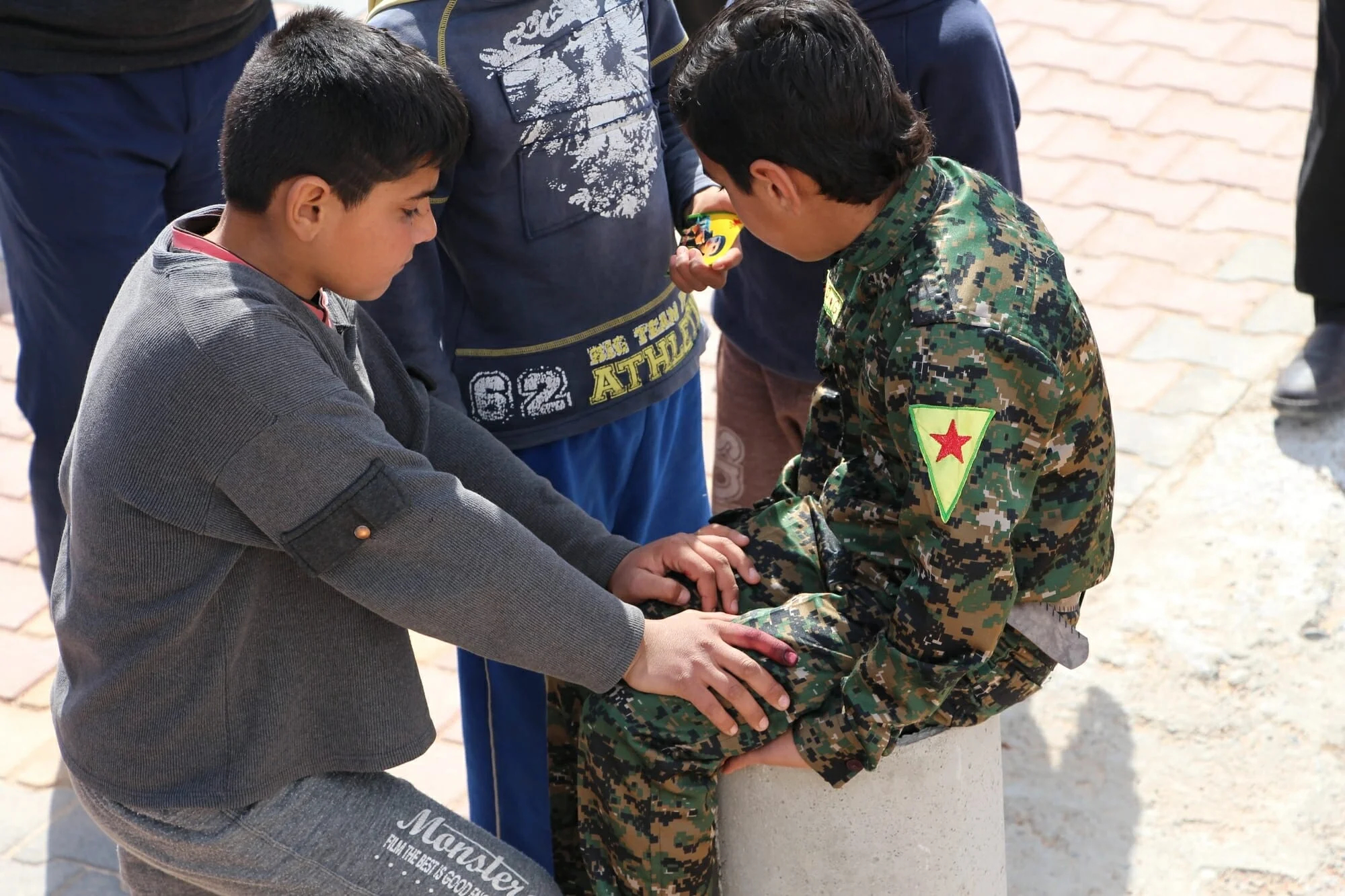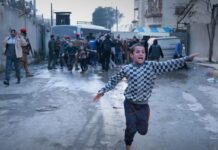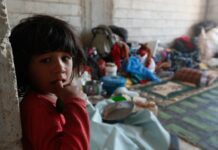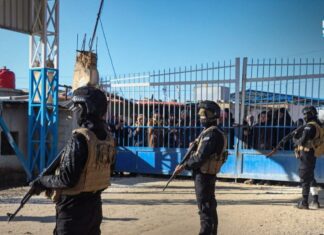
Syrian children continue to be exploited by Iranian militias, criminal networks in Assad-controlled Latakia, and PKK-aligned elements within the Syrian Democratic Forces (SDF) in northeastern Syria, according to a recent report by Human Rights Watch (HRW) and local activists.
In areas under SDF control, the Revolutionary Youth Movement, a group linked to the PKK, internationally designated as a terrorist group, has been accused of recruiting children as young as 12 years old to fight in the ranks of the People’s Protection Units (YPG) and Women’s Protection Units (YPJ).
According to testimonies from local residents, children between the ages of 12 and 17 have disappeared, only for their families to later discover that they had been “recruited” by the Revolutionary Youth Movement. Children, some of whom are abducted, are reportedly subjected to intensive ideological training in Syria or in Iraq’s Qandil Mountains where they receive additional military training from the PKK, before being assigned to groups in Syria as combatants.
The recruitment of children under 15 for armed conflict is considered a war crime under the Rome Statute of the International Criminal Court. Despite signing a 2019 joint action plan with the UN to end the recruitment of children, the SDF has struggled to stop the practice. Rights groups reported 52 cases of child recruitment by the SDF in 2023, with the Revolutionary Youth responsible for 43 of them.
In the Assad-controlled areas of Latakia, children are preyed upon by gangs and used mostly for smuggling and drug distribution. Local media sources in the coastal city of Jableh have reported an increase in child labor, with criminal networks using minors to transport smuggled goods such as cigarettes and narcotics.
The worsening economic crisis in Syria has left many families unable to support their children, pushing them into the hands of smugglers and drug traffickers. According to Abu Yusuf Jablawi, a media activist in Jableh, experienced gangs exploit the financial desperation of families by offering children money or small gifts in exchange for participating in illegal activities. The children, often unaware of the dangers, become involved in the distribution of drugs or other illegal packages.
Sociologist Zainab Kalawi emphasized the long-term consequences of such abuse, warning these children could turn into criminals or drug users if not properly protected. She stressed the importance of addressing this issue through family support and school involvement, rather than relying on security crackdowns.
The continued exploitation of Syria’s children highlights the complex challenges facing the country’s youth. Reports from the International Labor Organization (ILO) indicate that more than 250,000 Syrian children, between the ages of 6 and 17, work in harmful conditions, primarily in areas of displacement and extreme poverty.
The international community has urged both the Assad regime and the SDF to take concrete measures to prevent the exploitation of minors. However, without sufficient resources or oversight, the crisis shows little sign of abating.








